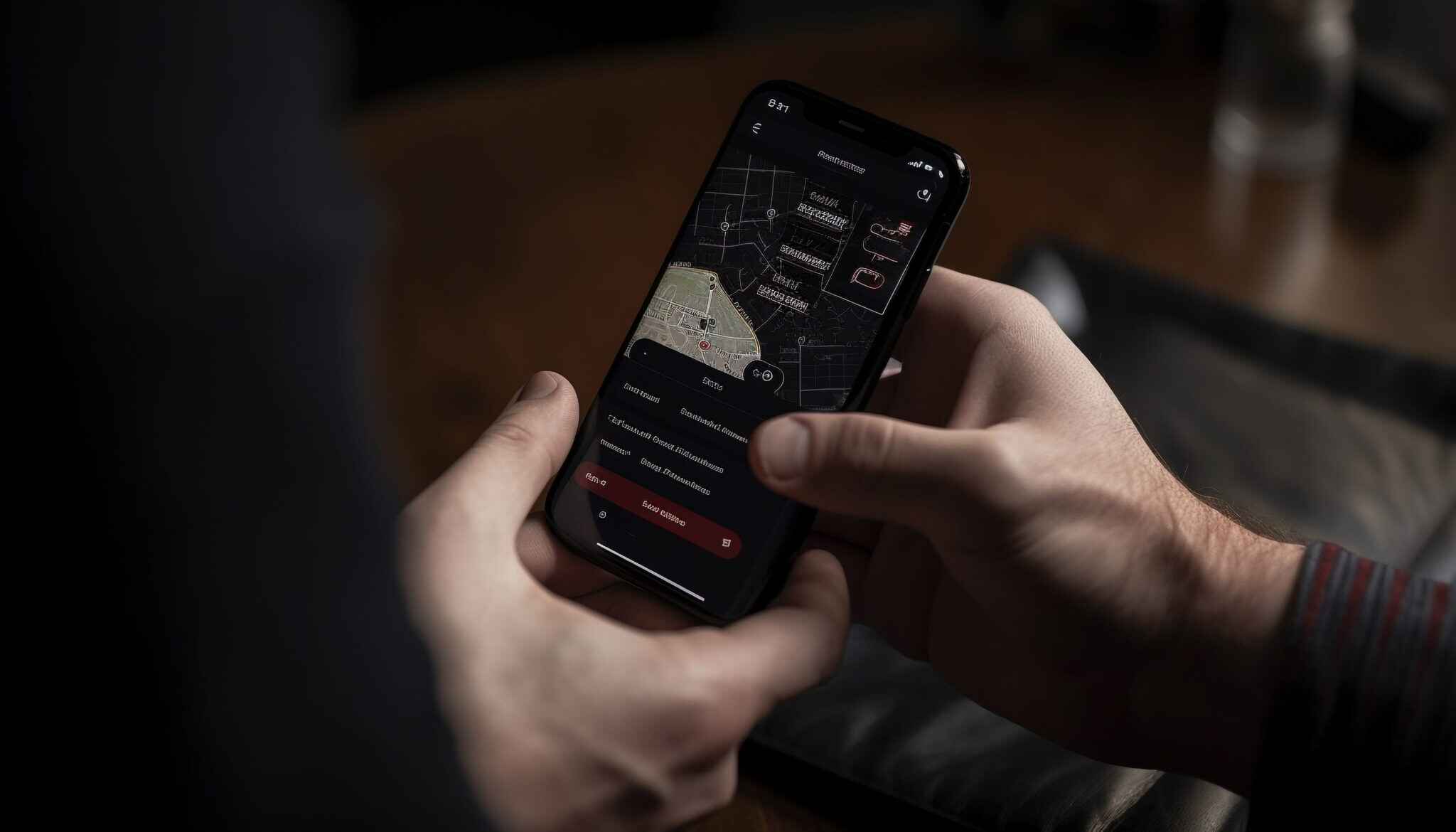
Mounting Demand for Mobile Testing Services

Mobile applications are becoming the vital aspect of corporate competitiveness so rapidly that many web-based apps are taking the ‘App Only’ route. It is the desktop program that will be discontinued and the services that will only be made available via mobile device. This has exacerbated the current product delivery problems, because customers have very high expectations of the application quality which they install on their devices.
Mobile applications are global entities now. They’re everywhere-in e-commerce, e-bidding, e-learning, e-reservation, e- banking, and social media. Mobile application use is booming around the world today as web app users expect the same web services to be accessed continuously from their mobile devices when they are away from their computers.
Applications are expected to be:
- Responsive
- User Friendly
- Secure
- 100% uptime 24X7
- Supportive on any mobile platform
Why we need Mobile Testing?
Mobile applications can either be standalone applications or business apps. Standalone apps are easy to check as they don’t need to connect to external networks, whereas business apps are designed to carry out complex tasks of interacting with external resources using HTTP or WAP protocols, complicating the testing process further.
- Increased demands on mobile components increases integration testing
- B2B and B2C the mCommerce and mShopping security test
- Cross platform and cross browser testing
- Testing for localization and internationalization
- Performance tuning for better user experience
Mobile testing has lots of advantages for testing mobile apps on the real devices, from high accuracy testing results to no false positives. Mobile testing has an ability to test application in real environment and conditions. To provide better user interface to end customers.
Mobile Application Testing is more challenging and different than that of the traditional desktop web applications. Mobile Testing’s biggest obstacle is the constant growth in the range of mobile devices; mobile operating systems, software updates and other modification calling for a large collection of test permutations. It raises the quality control costs for the organization accordingly.
The key concerns for planning a testing strategy can be summarized as follows:
- Maximize the test scope by combining emulators and physical devices optimally.
- Choose an efficient automated testing platform that reduces the regression testing costs.
- Consider the different research types.
Use the network software to simulate network access and other network parameters to execute the test processes primarily on Wi-Fi networks.
To build without testing is a very insensible approach. Many of the negative mobile device reports was focused on crashes, battery failure and poor performance on the network. An integrated mix of manual and automated Mobile Testing will solve these problems and help the developers prevent application failure. Mobile Apps and Services have become a strategic strategy for organizations. Enterprises often find it very easy to get their delivery plan going wrong. With Mobile Testing and Quality Control not implemented from the very early stages of growth, this can easily trip up businesses.
Test & QA is a venture providing independent Software Testing Services & Specialist QA Staffing Services Company in London. You can reach us via online chat or by dropping a message on our contact us page.
.jpg)












